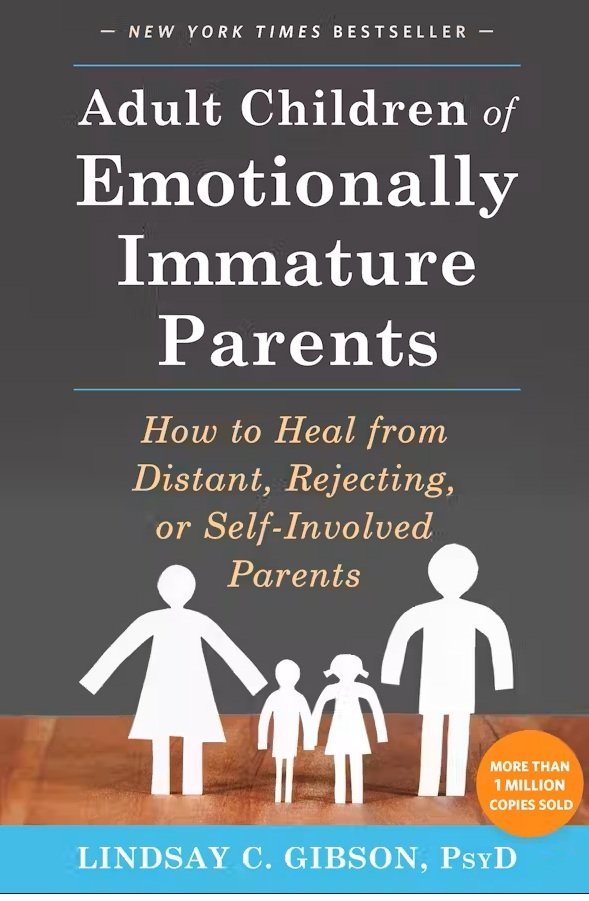
Life-Giving Wounds Blog
Poetry | Art | Music | Blog Search Index
Welcome to the Life-Giving Wounds blog!
Our blog annually releases 30+ posts. We already feature 170+ posts from 60+ authors, who are adult children of divorce themselves, experts in psychology or healing, or both, writing from the Catholic perspective as an expression of their journey of faith and healing. We invite you to browse our library or, if you’re looking for something specific, hop over to our index page where you can find a complete list of categories, tags, and authors. The index also has a search function and a complete list of blog posts arranged chronologically.
Want to get the latest blog post in your email inbox? Sign up for our newsletter (and choose "blog posts" from among the newsletter options) and you will automatically get it.
P.S. Want to write for us? Drop us a line!
FEATURED
LATEST BLOGS
Ministering to Teens with Divorced Parents: Some Unique Challenges and Guidance
There are some unique challenges when it comes to ministering to teens from broken homes. Of course, any ongoing situations of abuse or harm must be reported to appropriate authorities—make sure your church or group has mandatory reporting and training in place to keep minors safe! However, there are many layers of the divorce wound that may not be the kind of thing you can or should report to Child Protective Services (CPS). In these cases, awareness and practical pastoral guidance for these teens is best. Below, I want to outline some of the unique challenges faced by teen children of divorce or separation (TCODs):
Holy Matrimony as a Sacrament of Healing
For those not married who believe they are called to marriage, you may know quite well the brokenness that keeps you in patterns that delay your readiness for the type of relationship that would lead into marriage. In whichever category you find yourself, I submit that marriage has the potential to offer you significant healing. For those who are married, when your marriage becomes difficult, and it will, the key is to turn toward – not from – your spouse. The more you turn toward your spouse, with Christ, the more healing you will find. This is because holy matrimony is a sacrament that heals, and it heals through the communion and sacrificial suffering modeled after Christ’s own sacrificial suffering to restore communion between us and God.
Forgiving My Father – A Father’s Day Reflection
When I read Lucille Clifton’s “forgiving my father” poem, I was struck with deep resonance on how profoundly I related to it. I realized that it actually ended up setting a framework for how I could track and understand my own (rocky) process of forgiving my own father. I came to a few realizations about the process of forgiveness – both from the poem and my own struggle with it. So, in honor of this year’s Father’s Day, a day when we can reflect on our perfect, all-providing Heavenly Father, but also a day when we can acknowledge the grief in how perhaps our earthly fathers fell short, I would like to share what I realized here.
Internal Family Systems and the Litanies of the Heart—A Journey and Book Review
For adult children of divorce and parental separation, having trusted resources for the healing journey is important. The burdens and wounds caused by parental separation or divorce can have a significant impact and last a lifetime. That is why I think it is good to know about and consider if the Litanies of the Heart and a Catholic approach to Internal Family Systems might be something to add to your healing tool box.
An ACOD’s perspective on music, healing, and dealing with depression through two Rick Springfield concerts
This past Christmas, like many others before it, was hard. My “difficult” father tends to “act-out” during the holidays to get the attention he craves, and this Christmas was no exception. So, my therapist suggested I do some restorative care to help heal my immediate father wound, and to help me manage my long-term depression: what Rick Springfield calls, “Mr. D.”
Insight’s from Attachment Theory for Adult Children of Divorce: Series summary
Insights from Attachment Theory for Adult Children of Divorce, is a four-part series by Life-Giving Wounds alumna Emily Rochelle which introduces the key concepts of Attachment Theory, explores the relationship between attachment security and mental health, looks at how attachment is rooted in neurobiology, and how attachment impacts one’s relationship with God.
Insights from Attachment Theory for Adult Children of Divorce (Part 4: Attachment to God)
Throughout Scripture, the images and language used to describe God frequently evoke two of the strongest attachment relationships that we can know as human beings—the relationship between a child and a parent, and the relationship between spouses.
Insights from Attachment Theory for Adult Children of Divorce (Part 3: The Neurobiology of Attachment)
As an interdisciplinary field, Interpersonal Neurobiology draws together insights from Biology and Psychology in the context of human relationships....I thought it could be helpful to choose a few key terms and concepts and explore how they relate to our reflection on attachment.
We Have To Keep Trying
But my mom was human. Both my parents were human. And the very fact that in spite of the deep pain and abuse that my mom went through for most of her life, she still tried…SHE TRIED. That is the difference.
Silence
As I travel into the deeper places in my heart, in prayer and in therapy, I have found a deep craving for silence, right alongside a deep fear of silence. At the core of my fear, is the fear that God will not ‘show up’ in the silence. Growing up, and to this day, my relationship with my dad has been marked by an empty silence.
Insights from Attachment Theory for Adult Children of Divorce (Part 2: The Psychology of Attachment and the Implications for Mental Health)
As we continue this series on Attachment Theory, building upon the key concepts we explored in Part One, we now turn our attention to how attachment facilitates human development and the ways secure and insecure attachment impact mental health.
Insights from Attachment Theory for Adult Children of Divorce (Part 1: An Overview of Attachment Theory)
Attachment—I used to think of it as a bad word, something we must avoid at all costs. I believed that attachment and feelings of dependency were signs of weakness, and I wanted to be strong. I thought Catholics needed to be detached from all things in order to serve God. I was mistaken.
Ripples and Earthquakes
Unlike the innocent childhood rites of passage that bring about a sense of pride and accomplishment, children who live through their parents’ divorce often experience an abrupt passage from childhood to premature adulthood. The hard and jagged rock of a parents’ divorce deeply and profoundly impacts a child even beyond what others see or notice.
"All that I had and might have had I leave to you": A Reading of The Lord of the Rings as an Adult Child of Divorce
I was inspired to re-read The Lord of the Rings specifically through the lens of this experience, especially since Frodo is also the “Ring-bearer.” I finished this project recently and I wanted to share my reflections with you here.
"The Soul of Shame" in my life: A book review & testimony
"The Soul of Shame: Retelling the Stories We Believe About Ourselves," by Curt Thompson, has been an important part of my healing journey. I picked up the book on the recommendation of a friend and a deep desire to dig into the pain of shame that was touching every part of my life. My heart was sore. I was on the path of recovery from habitual sin that had infiltrated my life for half a decade.
Overcoming Childhood Emotional Neglect (or the Real Hope Jamie Could’ve Had)
To give you a picture of what [childhood emotional neglect] might look like in real life, here’s my own CEN story: My mom (your mother is usually your primary attachment figure) has had schizoaffective disorder since I was about six years old. She was too deep in her own mental and emotional roller-coaster to be a stable presence.
Coping with the Death of a Parent as an Adult Child of Divorce
As many of you can surely relate, my relationship with my mom was never easy. I struggled with how to relate to her, agonized over her health, and beat myself up for never “feeling” love towards her. But one thing I have learned throughout this whole ordeal, that I will likely need to be reminded of many times, is that love is an act of the will. Feelings are a side-benefit. I rarely felt excited or looked forward to calling my mom on Sundays. But I did it, and this act showed my love towards her, even though I did not feel it.
Who(se) Am I?
Knowing that I am made in the image and likeness of God brings a lot of comfort on the days that I don’t feel like I know who (or Whose) I am. I can still struggle in understanding my identity because of what happened with my parents, but now I’m in a much better place.






















